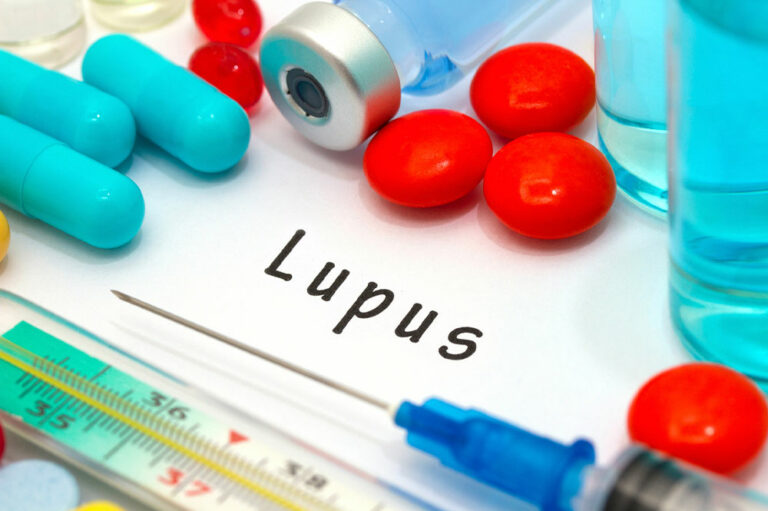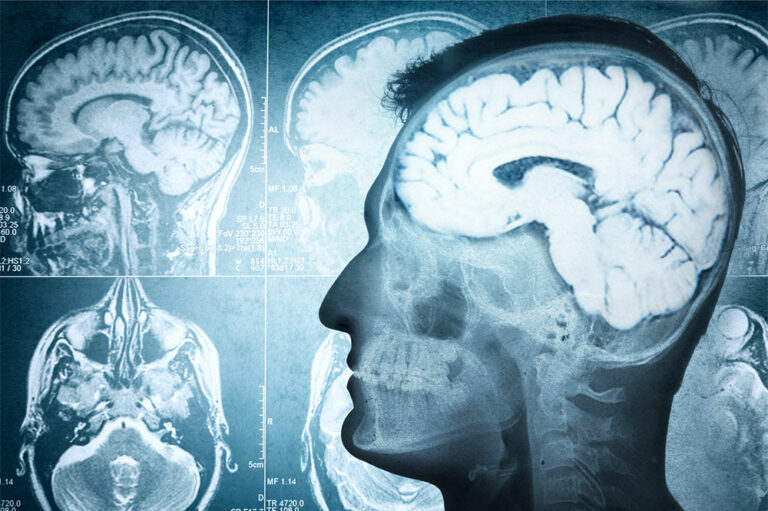
5 ways to manage epilepsy
Epilepsy is a disorder in the central nervous system that leads to abnormal brain activity. The condition triggers seizures, instances of unusual behavior, and loss of awareness and sensations. Epilepsy is common in men and women and affects about 50 million people across the world. Many people may find that the disorder recedes with time, but others may experience seizures throughout their life. In either case, here are five tips to manage epilepsy: Initiate a treatment plan If one is diagnosed with epilepsy, it is imperative to get on a treatment plan immediately. The doctor may prescribe treatment options to manage the condition. XCOPRI® (cenobamate) CV is one such option prescribed to treat partial-onset seizures in people who are 18 years of age or older. Eat healthy foods Balanced healthy meals can ensure the body receives the nutrition it deserves to improve overall health. Potatoes, rice, and bread provide carbohydrates that build energy levels in the body. Protein-rich foods like milk, meat, fish, beans, and lentils help build muscle strength, hormones, and red blood cells, which improve how one deals with epilepsy. Avoid trigger foods Some foods can trigger and worsen the symptoms of epilepsy. A few unhealthy foods to be avoided are coffee, tea, chocolate, sweets, and excess salt as they reduce blood sugar levels in the body, which may lead to seizures.
Read More 










